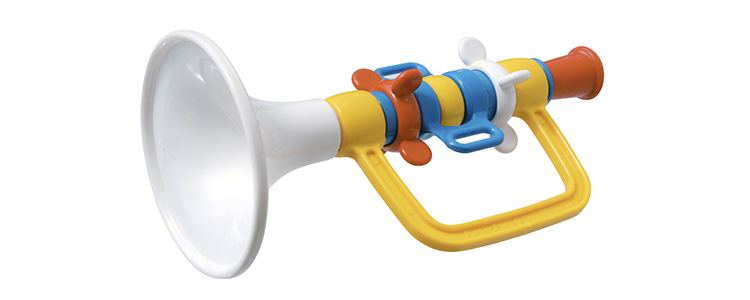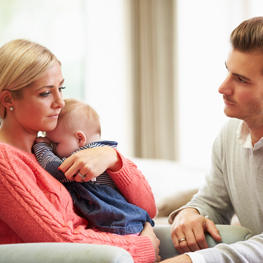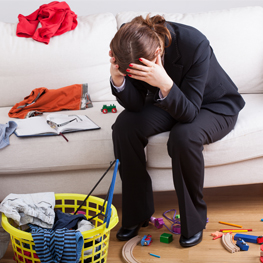



Did you know that it’s common to feel a range of different emotions after your baby is born? You may: feel sad; cry and not know why; be impatient and irritable, sometimes for no clear reason; feel restless and anxious; have difficulties concentrating; feel sensitive; feel tired and/or have trouble sleeping, and have mood swings (e.g., joy to sadness, laughing to crying).If you feel like this, you’re not alone. Many new moms experience these feelings and they’re sometimes called the baby blues. If you don’t feel better with rest, sleep or support from others, or if these feelings last more than two weeks, you may be experiencing postpartum depression.

If your end-of-the-year family gatherings - culturally-based or not - create more stress than joy for you and your children, rest assured, you’re not alone. Many people do not eagerly anticipate the thought of packing the car and driving hours to get together with relatives they barely know - especially if they’ve become obligatory rather than wanted events. And if you’ve drawn the short straw and it’s your turn to host the family gathering, you might be adding a whole other layer of stress and expectations - imposed by self or others.

I used to be a worrier, playing out infinite possibilities in my head regarding daily scenarios. But as the uncertainties in my life have increased exponentially, the amount of worry has significantly decreased. If I were a sage or a wise person, I’d tell you that I’ve learned to accept everything in my life and that’s why I don’t worry more frequently. I’d also be a liar. What I have done is learned to better handle worry. That’s not to say that I don’t do it; it’s to say that I’ve learned to worry better. Here's how.

According to Sari Solden, in her book Women with Attention Deficit Disorder, “Almost all women find that life today is complex, upsetting, or frustrating, but they are still able to meet most of [life’s] demands reasonably well... For women with untreated Attention Deficit Disorder (ADD), however, the demands of daily life can be crippling. It cripples their self-esteem, their families, their lives, their work, and their relationships.” ADD, also known as Attention-Deficit Hyperactivity Disorder (AD/HD), affects between 3 and 5 per cent of the population. However, adult ADD, especially as it appears in women, often goes unrecognized.
Calgary’s Child Magazine © 2024 Calgary’s Child